The images and videos of the spill from a ruptured oil pipeline in Mayflower Arkansas are truly stunning and more than a wee bit scary. The scenes of crude oil pouring around the houses, over the gardens, pavements and along the road guttering of a tidy suburban community are somehow more shocking than images of an oil spill in the middle of a desert or out at sea. Maybe we’re all just more used to oil being spilt on this scale far away from population centres. Fortunately the local authorities responded quickly and while the full toll of damage is still unknown at the time of writing it seems that this quick response has prevented oil from reaching the nearest big surface water receptor Lake Conway.
So what do you do if you have a big oil spill? Well, think of your safety first and then contact the specialists but the principles involved are precisely the same as those for a small spill.
- Firstly address any health and safety concerns, 22 homes were evacuated in Mayflower.
- Remove the source, the ruptured pipeline was shut off.
- Contain the spill, in this case truck loads of sand were tipped into drainage channels to create temporary dams and absorbent pads and booms were deployed in considerable number across drainage ditches and other routes of movement.
- Remove the Contaminant, in Arkansas reports indicate that so far 18 vacuum tankers have removed more than 12,000 barrels of oil and water. Over the coming weeks and probably months I’d expect to see further water being pumped out and either removed or passed through treatment systems and it’s likely that the contaminated soil will be excavated and removed where possible with further clean up measures being instituted to address specific localised areas of contamination within the area affected by the spill.
This all sounds big and impressive and it is, although a simple process the logistical challenges of an operation of that scale are considerable.
But if you have a small spill from a domestic heating system in your house you’ll want the same quick response. If you’re really worried contact the fire brigade who will treat it in the same way as any other emergency call, respond quickly and keep you safe. A suitably trained specialist can then come to your home and assess the human health risks, you might have to evacuate your house if these are severe enough. They will identify the leak and take steps to remove the source of the problem. After this they will take emergency remedial action by deploying absorbents, booms and other measures to contain the spill and then develop a remediation strategy to remove the contamination and put your property back to rights. Exactly the same procedures just without the fleet of tankers and trucks.
If you find yourself with a spill big or small call 0800 02 09 307 for our emergency response service.
2022
Visit our oil spill clean up guide
Here we present answers to lots of your questions about Oil Spill clean up. We also cover prevention, health and safety, clean-up, as well as response plans and spill response services.
CHECK IT OUT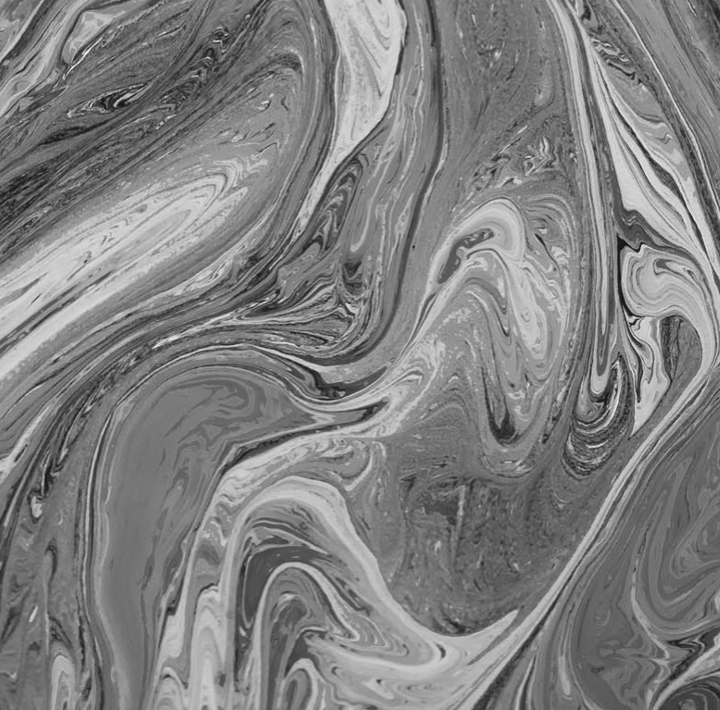
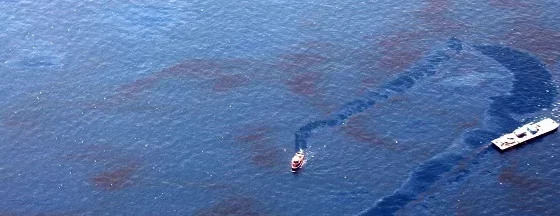
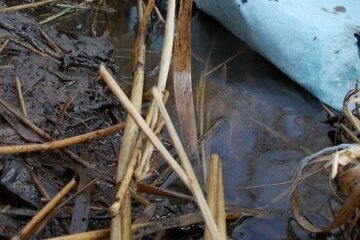
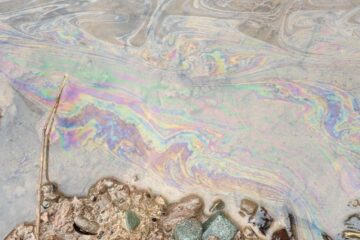
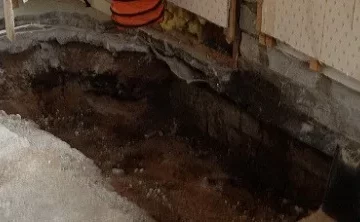



Leave a Reply